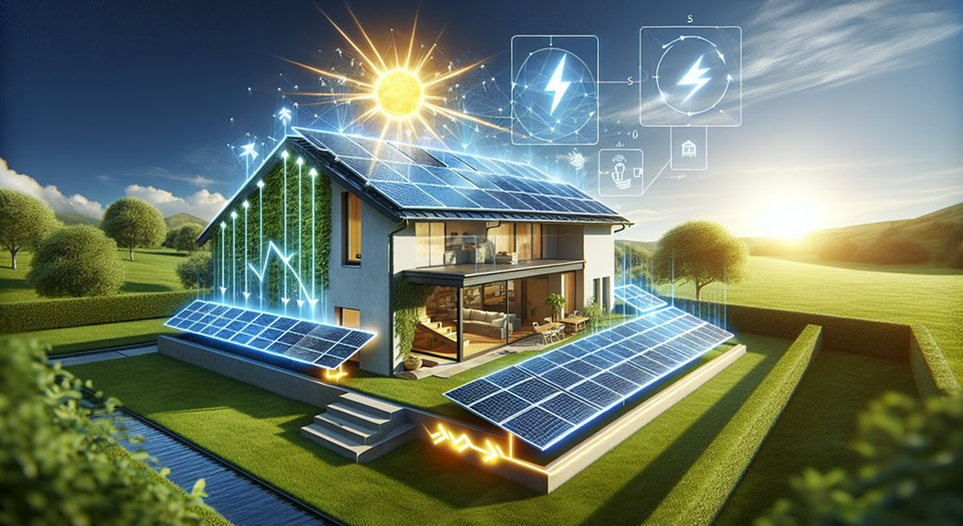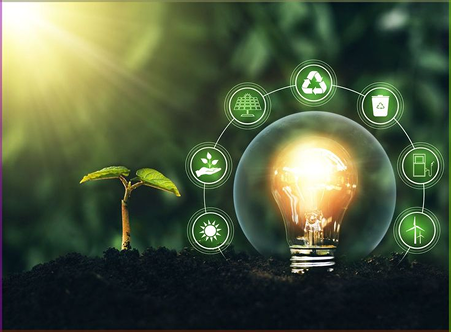
Energy Storage Systems (ESS) are a collection of technologies and devices that store energy in various forms for later use. Their purpose is to regulate the timing of energy supply and demand, improve grid stability, integrate renewable energy sources, and provide confidentiality services (backup, frequency control, etc.). ESS can be chemical batteries, mechanical storage, thermal storage, chemical storage (e.g., hydrogen), or pure electrical storage such as capacitors.
PT Nirmala Energi Hijau, a company engaged in sustainable energy, believes that the implementation of ESS will be a crucial foundation for supporting the green energy transition in Indonesia. For example, in a solar power plant (PLTS) project, electricity production is very high during the day but drops drastically at night. Without storage, renewable electricity can only be used when it is produced. With ESS, surplus energy produced during the day can be stored and reused at night, maximizing its utilization.
KEY COMPONENTS OF ENERGY STORAGE SYSTEM

MAIN BENEFITS
The benefit of an Energy Storage System lies primarily in its ability to bridge the uncertainty between energy availability and user demand. This system allows energy generated, particularly from renewable sources such as solar or wind power, to be stored when production is abundant and then reused when demand increases or when power plants stop producing electricity due to weather or specific times. This allows for a more stable and uninterrupted power flow, even when the supply from the primary source is down.

Frequently Asked Questions
An Energy Storage System (ESS) is a technology that stores energy for later use. It can store electricity generated from renewable sources like solar and wind, or from the grid, and release it when needed to ensure stable and reliable power supply.
The key benefits include improving energy reliability, reducing electricity costs, supporting renewable energy integration, and providing backup power during outages. ESS also helps balance supply and demand, making the energy system more efficient and sustainable.
ESS can be used in homes, businesses, and industries. In households, they are often paired with solar panels to store excess energy. In businesses and industries, ESS helps stabilize operations, reduce peak demand charges, and ensure uninterrupted power for critical activities. Utilities also use large-scale ESS to support grid stability.